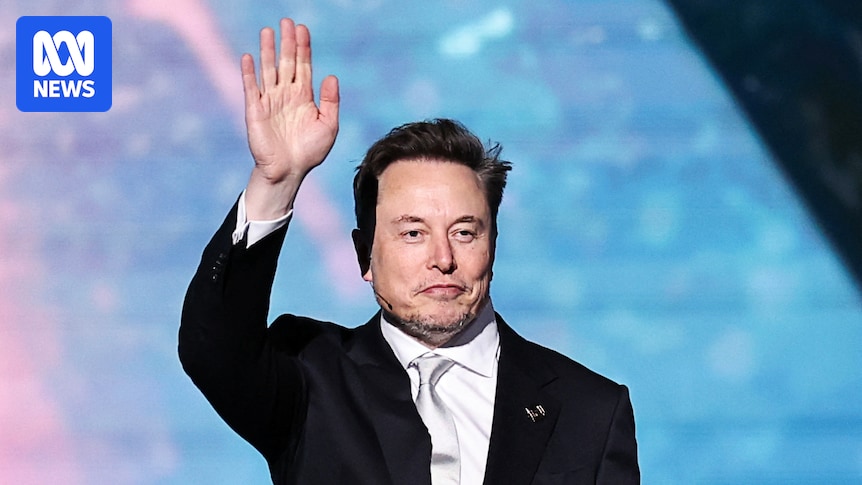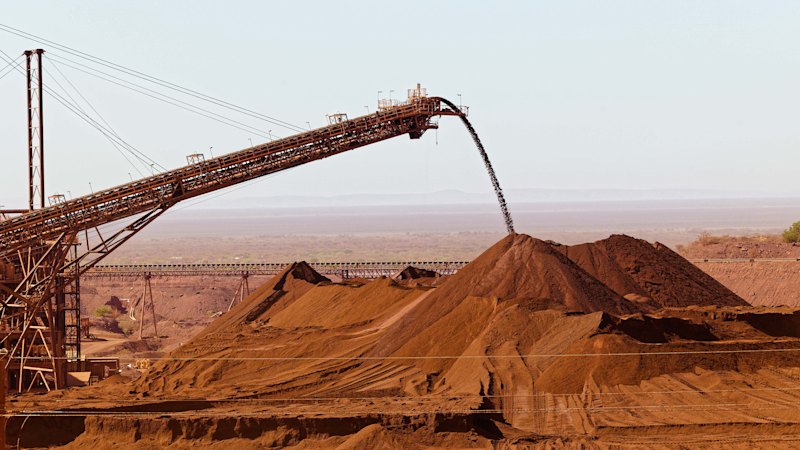
Tesla’s board has unveiled a groundbreaking $1 trillion compensation plan for CEO Elon Musk, marking what could become the largest corporate pay package in history. This ambitious proposal underscores Musk’s pivotal role in Tesla’s ongoing transformation into an artificial intelligence and robotics leader.
Under the proposed plan, Musk stands to gain up to 12% of Tesla’s stock, valued at approximately $1.03 trillion, contingent on the company achieving a target market value of $8.6 trillion. This would require Tesla to increase its valuation nearly eightfold over the next decade—a staggering $7.5 trillion leap from its current market value.
Conditions of the Compensation Plan
The compensation plan is structured around several challenging milestones. To earn his initial tranche of shares, equivalent to 1% of the company, Musk must convince investors to value Tesla at $2 trillion, double its current valuation, while also meeting other performance targets.
Achieving the full compensation would necessitate Tesla reaching a market value of $8.6 trillion, surpassing the current valuation of Nvidia, the world’s most valuable company. Additionally, Tesla’s vehicle sales would need to reach 20 million units, nearly tripling its total sales since inception.
Moreover, Musk is tasked with significantly expanding Tesla’s robot and robotaxi businesses, selling one million units of each. This is a particularly ambitious goal given Tesla’s nascent entry into the robotaxi market, where it trails competitors like Waymo.
“If fully earned, the award would materially increase Mr. Musk’s voting power from his roughly 13% stake, intensifying debate over governance and succession.”
Tesla emphasizes that Musk will receive no salary or cash bonus, with all compensation tied to performance. The plan also requires Musk to remain with Tesla for at least seven and a half years to cash out on any stock, and 10 years to earn the complete package.
Rationale Behind the Massive Pay Package
The board’s decision to offer such a substantial package is rooted in a desire to retain Musk’s leadership, which they view as essential for Tesla’s evolution into an AI and robotics powerhouse. In a securities filing, the board stated that Musk is uniquely capable of unlocking Tesla’s full potential.
Despite his achievements, Musk has faced criticism for being distracted by political ventures. His involvement in politics, including plans to launch a third political party, the “America Party,” has raised concerns among investors about potential distractions from Tesla’s core business.
In response, Tesla’s board has advised shareholders to oppose a proposal for a political neutrality policy that would increase oversight of Musk’s political activities.
Shareholder Approval and Potential Challenges
The proposed compensation package requires shareholder approval, which Musk is expected to secure at Tesla’s annual meeting in November. The plan was crafted to address concerns about Tesla’s technical outlook and to provide sufficient incentive for major shareholders to support it.
While the package is unprecedented in size, compensation experts anticipate it will receive shareholder approval, despite potential legal challenges. Courtney Yu, research director at Equilar, noted,
“Time and time again, Tesla’s shareholders have approved these grants over the years.”
However, not all stakeholders are convinced. Major investors like Vanguard Group, BlackRock, and State Street have yet to declare their voting intentions. In the past, Vanguard and BlackRock supported Musk’s $56 billion pay package, while State Street opposed it.
Critics, including union leaders and public-sector treasurers, have voiced opposition. Randi Weingarten, president of the American Federation of Teachers, urged shareholders to reject the package, calling it a “money grab” that undermines corporate governance standards.
Kristin Hull, founder of Nia Impact Capital, described the package as irresponsible, suggesting that investor money could be better spent on research and development or acquisitions. Dan Coatsworth, an investment analyst at AJ Bell, echoed these sentiments, questioning whether Musk’s leadership justified such a substantial reward.
Legal Context and Historical Parallels
The proposal arrives amidst ongoing legal battles over Musk’s 2018 pay package, which a Delaware judge deemed “unfathomable” and unfair to shareholders. Tesla’s reincorporation in Texas has provided the company with stronger legal protections, reducing the likelihood of similar challenges.
Last year, Tesla shareholders voted to ratify Musk’s 2018 pay package, despite the court’s ruling. However, the Delaware judge’s decision remains on appeal, and the outcome of this legal battle could influence future compensation negotiations.
As Tesla prepares for its annual meeting, the company’s strategic direction and Musk’s role within it remain focal points of discussion. The proposed pay package not only highlights Musk’s influence but also raises broader questions about corporate governance and the future of executive compensation.







